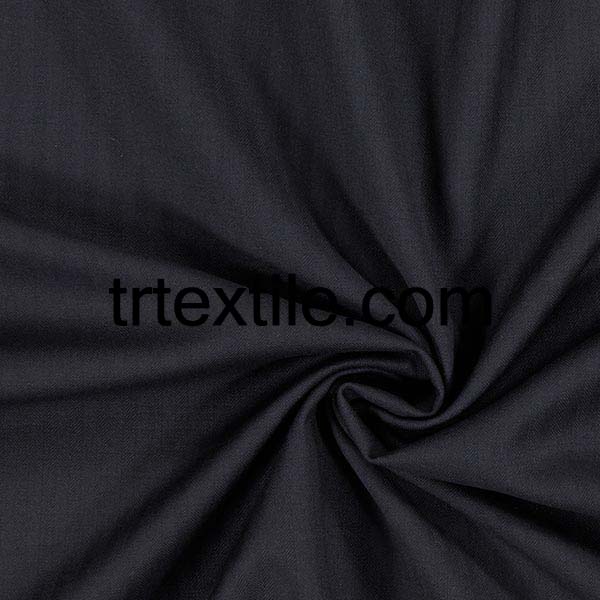When it comes to choosing the perfect suit, the fabric plays a crucial role in determining the overall look, feel, and performance of the garment. With so many options available, it can be overwhelming to navigate the world of suit fabrics. In this article, we will explore the different types of suit fabrics, their characteristics, and what to consider when selecting the right fabric for your suit.
Wool is the most common and versatile fabric used for suits. It is breathable, durable, and has a natural stretch that allows for comfortable movement. Wool suits are suitable for year-round wear and come in various weights, ranging from lightweight tropical wool for summer to heavy flannel for winter. Super 100s, 120s, and 150s refer to the fineness of the wool fibers, with higher numbers indicating a finer and smoother fabric.
Cotton is another popular choice for suits, especially in warmer climates. It is lightweight, breathable, and has a crisp texture that gives a more casual and relaxed look. Cotton suits are perfect for summer weddings, outdoor events, or business casual settings. However, cotton tends to wrinkle easily and may require more maintenance than wool or other fabrics.
Linen is a lightweight and breathable fabric that is ideal for summer suits. It has a textured appearance and a relaxed drape that adds a casual and laid-back vibe to the suit. Linen suits are perfect for beach weddings, outdoor parties, or any relaxed setting where you want to look stylish and comfortable. However, linen wrinkles easily and may not be suitable for formal or professional occasions.
Silk is a luxurious and elegant fabric that adds a touch of sophistication to any suit. It has a smooth and lustrous finish that drapes beautifully and feels soft against the skin. Silk suits are perfect for special occasions, black-tie events, or any time you want to make a statement. However, silk is delicate and may not be as durable or practical for everyday wear.
Polyester blends are synthetic fabrics that are often used in affordable and easy-care suits. They are wrinkle-resistant, machine-washable, and durable, making them a practical choice for everyday wear or travel. Polyester blends may not have the same breathability or natural stretch as wool or cotton, but they offer a budget-friendly option for those on a tight budget.
When choosing a suit fabric, consider the season, occasion, and level of formality. Wool is a versatile and classic choice that works well for most occasions, while cotton and linen are better suited for warmer weather. Silk adds a touch of luxury, while polyester blends offer practicality and affordability. Ultimately, the best suit fabric is one that suits your style, comfort, and needs.




